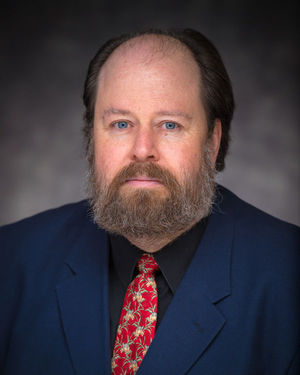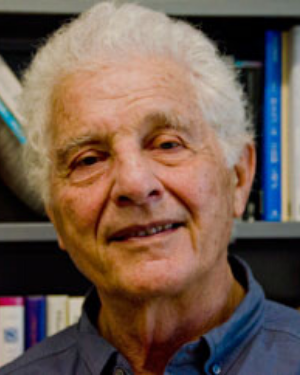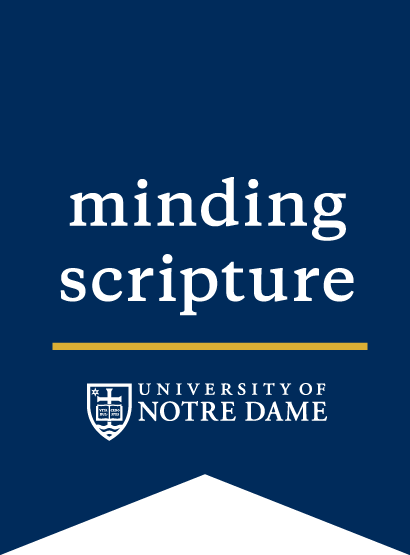Show Notes
This month, Francesca Murphy and Tzvi Novick, along with Robert Alter from UC Berkeley, and David Bentley Hart from the University of Notre Dame, discuss the matter of translating Scripture. Robert Alter published a new translation of the Hebrew Bible in 2019, while David Bentley Hart’s new translation of the New Testament appeared in 2017. We are separated from the ages when these texts were written not only by language and culture, but also by our basic vision of reality and centuries of theological and doctrinal interpretation. Both Alter and Hart aim to retrieve as much as possible of the original Hebrew and Greek meanings in an effort to peel away layers of meaning which many words have accumulated over time.
Robert Alter approaches biblical translation as a literary scholar of biblical poetry and narrative. Over his decades-long career, he has applied literary tools to the biblical text, and has found in the process that the highly sophisticated literature of the Hebrew Bible in turn taught him about the very nature of narrative and poetry. In addition to the tools of philology, Alter takes literary context, rhythm, diction, repetition, and many other literary facets of the Hebrew text into account, which have often led him, in faithfulness to the original Hebrew, to opt for a more literal translation than that of earlier translators. He shares his concern for literary context and the time and place of the texts’ authors with David Bentley Hart, who aims to capture the particular voice of each author and thereby draws not only on his expertise as a classicist, but also as a theologian. Hart provocatively challenges the theological perspectives of earlier translators.
Both translators soon found that the inevitable gap between biblical languages and contemporary English called for scholarly annotations. In our episode, they discuss several examples of individual words whose translations have generated discussion and even entire schools of theology and doctrine. The commentaries accompanying their translations address passages where nuances, connotations, and ambiguities, which are impossible to render into English, are preserved. Minding Scripture brings together these two leading scholars for the first time.
Further Reading
The Hebrew Bible, A Translation with Commentary by Robert Alter, W.W .Norton and Company, 2018
Robert Alter, The Art of Bible Translation, Princeton University Press, 2019
Robert Alter, The Art of Biblical Narrative, Basic Books, 2nd ed, 2011
Robert Alter, The Art of Biblical Poetry, Basic Books, 2nd ed, 2011
Robert Alter, Pen of Iron: American Prose and the King James Bible, Princeton University Press, 2010
The New Testament, A Translation by David Bentley Hart, Yale University Press, 2017
David Bentley Hart, That All Shall Be Saved: Heaven, Hell, and Universal Salvation, Yale University Press, 2019
David Bentley Hart, Theological Territories: A David Bentley Hart Digest, University of Notre Dame Press, 2020that
Featured Guest

David Bentley Hart is an Eastern Orthodox theologian. His translation of the New Testament appeared with Yale University Press in 2017. His specialties are philosophical theology, systematics, patristics, classical and continental philosophy, and Asian religion. He is the author of The Beauty of the Infinite, That All Shall Be Saved, and Theological Territories. He is a fellow at the Notre Dame Institute for Advanced Studies.
David Bentley Hart
University of notre dame
Featured Guest

Robert Alter has written extensively on literary aspects of the Bible, including two prize-winning volumes of biblical narrative and poetry. He published his translation of the Hebrew Bible in 2018 with W. W. Norton & Company. He has also written widely on the European novel from the eighteenth century to the present, on contemporary American fiction, and on modern Hebrew literature.
Robert Alter
Emeritus professor of hebrew and comparative literature at the university of california at berkeley
IMAGE CREDIT: Valentin de Boulogne, Saint Paul Writing His Epistles, ca. 1618/1620.
